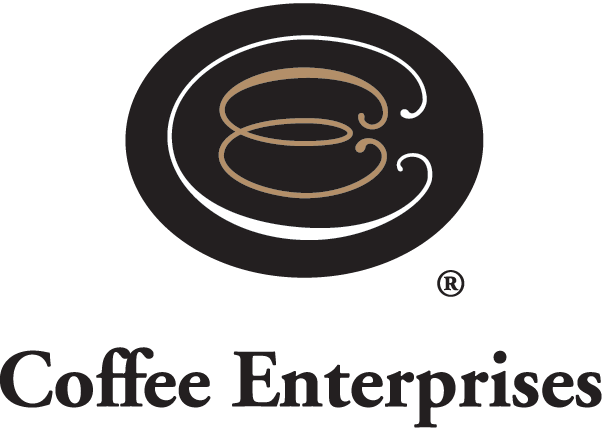Dan Cox speaks to the Voice of Russia US about boycotting Starbucks
Photo credit: © Thinkstock
By Crystal Park
WASHINGTON (VR) – There’s growing calls for Starbucks, the world’s largest coffee chain, to switch over to fair trade coffee. “The fair trade movement, which has gotten a lot of traction, wants consumers to pay a minimum price of buying coffee from small, collective farmers- not privately held farmers- and in return, the farmers will be guaranteed a minimum price, which should help them in lean times,” says Dan Cox, President of Coffee Enterprises.
Starbucks has more than 20,000 stores around the world, and rakes in $14.9 billion in sales each year. Imagine how many local farmers could benefit if companies like Starbucks buy fair trade coffee from them.
Cox says it’s a good idea in theory, but the fair trade debate is not so simple in practice. “You pay a farmer a fair price, you get a fair product in return. However, in practice, the devil’s in the details. It’s very complicated, and there are numerous certification organizations that seem to fighting against each other. The two largest ones are Fair Trade of the Americas, which is based out of California; and then FLO, which is the Fair Labor Organization based out of Germany. A couple of years ago, they were all united and we could pretty much understand what they were trying to do, but they split off, and it’s been a very ugly divorce.”
Additionally, there’s controversy over the lack of quality standards for fair trade coffee, which is often more expensive than non-fair trade coffee. “The problem is, there are no minimum fair trade quality standards. So if the organization is going to say, listen, we want the consumer to pay a minimum price, we should be able to expect from the farmers and the organization, minimum quality. That hasn’t happened. So that’s turned off a lot of people, says Cox.”
Consumers also want to know what they’re getting in return for the extra money they shell out for fair trade. “Okay, we paid a premium price for these coffees; what’d you do with the money? Most of us like to think it got us better schools and a better sanitation system and better water, but the reality is you’re dealing with co-ops, and what they do with the money…is really their own business, just like we can’t tell people what to do with money they’ve earned for a profit,” says Cox.
Not to mention, there’s only a limited supply of fair trade coffee simply because there are fewer farmers who are growing and selling it. Companies like Starbucks and Dunkin Donuts buy millions of pounds of coffee a year; there is a finite amount of fair trade coffee that simply can’t meet the demands of such large companies.
Listen HERE


